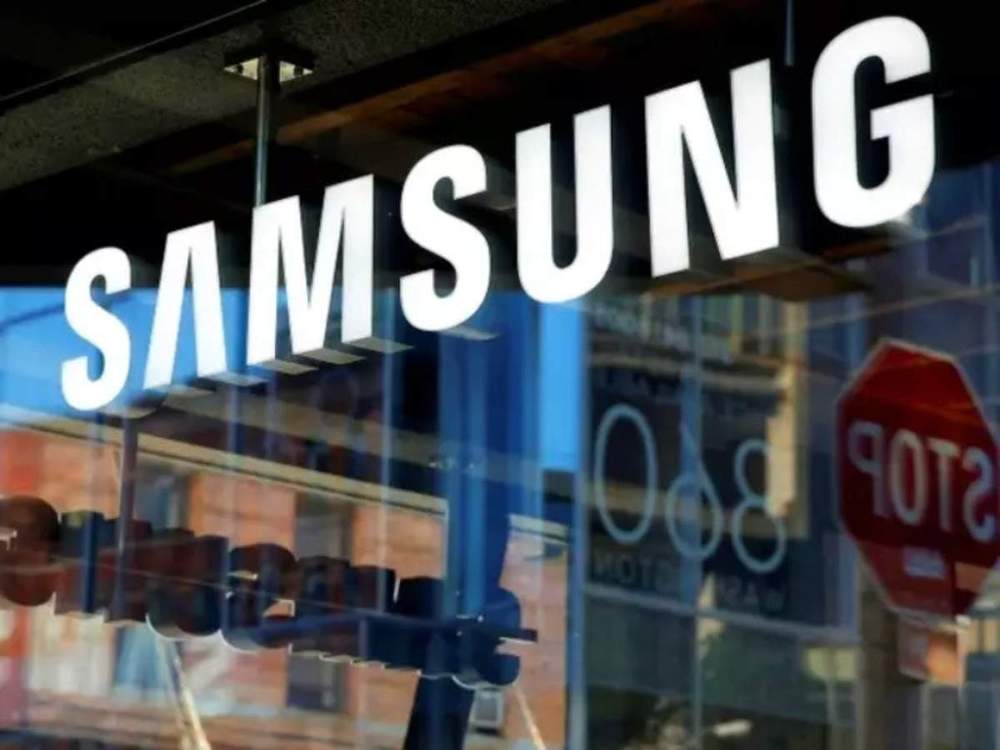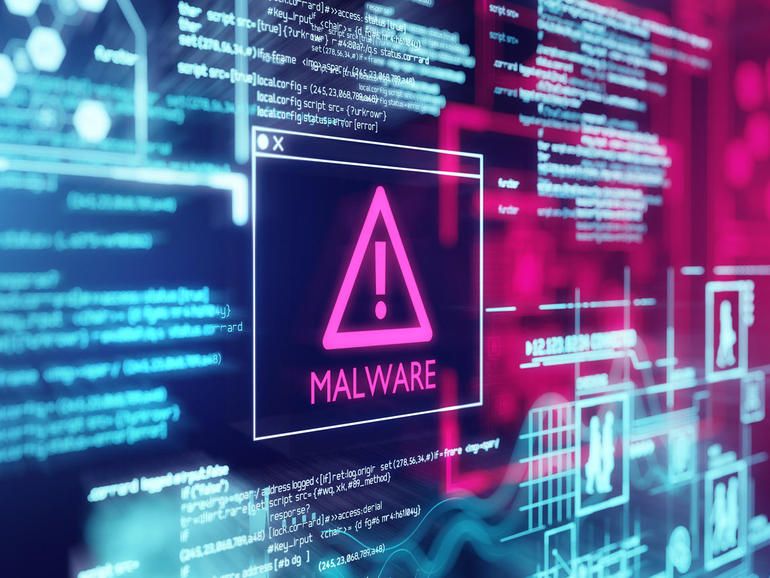Samsung’s leaked Android 10 roadmap has a lot of blanks which raise questions about many devices and there should be an official confirmation soon.


Samsung’s leaked Android 10 roadmap has a lot of blanks which raise questions about many devices and there should be an official confirmation soon.

Physics experiment with ultrafast laser pulses produces a previously unseen phase of matter.

“Politicians should read science fiction, not westerns and detective stories.”– Arthur C. Clarke.

In Confiant’s “Demand Quality Report for Q3 2019”, the ad fraud and security company analyzed 120 billion ad impressions between January 1st and September 20th that flowed through their systems in order to provide a breakdown of different malicious ad campaigns.
While Confiant’s report also discussed low quality ads and banner ads that appear in video slots, we will focus on the detected malicious ads and the campaigns that utilize them.
A malicious ad is defined by Confiant as one that performs unwanted behavior such as a forced redirect to scams, cryptojacking, or ads that infect a visitor’s device.

Microsoft security analysts reveal that cryptocurrency-stealing malware “Dexphot” already infected 80,000 computers earlier this year.
Microsoft reveals that new crypto-stealing malware “Dexphot” already infected 80,000 devices earlier this year.

Merck now holds 22 CRISPR-related patents worldwide across nine different geographies.
- Patents cover Paired Cas9 Nickase CRISPR genome-editing technology to advance gene therapy and research.
DARMSTADT, Germany, Nov. 26, 2019 /PRNewswire/ — Merck, a leading science and technology company, today announced that the Japan Patent Office and the Intellectual Property Office of Singapore have each allowed the company’s patent application for the use of paired CRISPR nickases, bringing Merck’s number of patents to 22 worldwide.
The US Navy has awarded Boeing contracts worth a total of $274.4m to produce five Orca Extra Large Unmanned Undersea Vehicles (XLUUVs). Based on Boeing’s Echo Voyager prototype UUV, the 15.5m-long submersible could be used for mine countermeasures, anti-submarine warfare, anti-surface warfare, electronic warfare and strike missions. Berenice Baker finds out more.
Apparently the world needed an underwater treadmill…
The Michelin Vision tire concept does not need to be inflated, is specifically manufactured through 3D printing, and is biodegradable.

Microsoft security engineers detailed today a new malware strain that has been infecting Windows computers since October 2018 to hijack their resources to mine cryptocurrency and generate revenue for the attackers.
Named Dexphot, this malware reached its peak in mid-June this year, when its botnet reached almost 80,000 infected computers.
Since then, the number of daily infections has been slowly going down, as Microsoft claims it deployed countermeasures to improve detections and stop attacks.